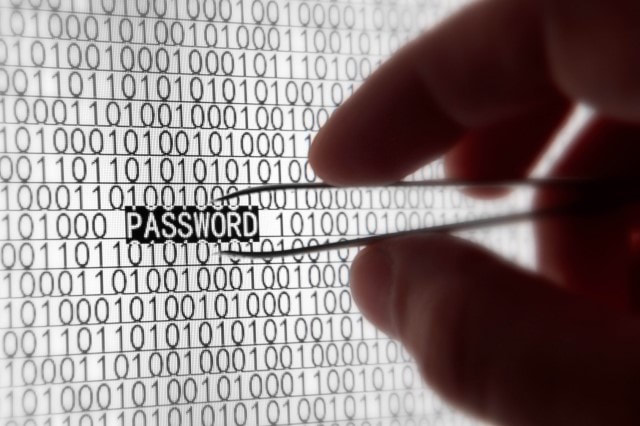Accounts
Setting up an account online can be a very simple thing to do or it could be a nightmarish experience, depending on the sense of security the provider of the access wants to give you. Interestingly, the amount of details given is not necessarily linked to the level of security you’ll receive. Often, signing up for a site appears to be limited to a user name, email address and a password, but if you want to make full use of the options you’ll gradually be asked to provide a whole lot more information about yourself that may or may not be covered by the initial promise of confidentiality you signed up with. That typo you made when signing up might well crop up in the digital world forever. Once an account has been set up, it is often nearly impossible to find out how to delete it. If you are really lucky, it’s obvious; but most of the time, providers of websites are sly foxes: the success of their service depends on the number of accounts they hold, which is why they do not want you to leave, quite apart from the data you have delivered free of charge on their doorsteps. Beware, if you close an account, you may just shut it down and all the existing data is simply ‘inaccessible’ to everyone INCLUDING YOU! Again, it may be just to be able to prove that there IS an account but it’s dormant right now. Worst case scenario: your data is being used for other purposes without you having any say in it. Some websites may not even give you an option to close your account: you actually have to get in touch by phone or email for them to close it for you. Suffice it to say, who knows if your data is still there or has been erased from their system? Passwords Here’s the kicker: for each account you will need a password. It is common knowledge (or it should be at least) that we are supposed to use different passwords for different accounts to minimise the chance of hackers finding a password and using it on many – if not all – of our online presences. Unfortunately, this is entirely unlikely. Not only are we creatures of habit (we use the same password often), but we are lazy to boot (we use simple, short passwords rather than complicated, long ones).That is exactly why – after an initial period of ‘who cares’ – most serious websites who require an account have developed a series of security measures for their passwords:
Where does that leave us? Here’s the (not so pretty) picture of the standard situation concerning passwords in a standard human being:
Together, these two things are our highway to doom when it comes to online security, and that is without even taking into account subjects like professional data security (you are likely to have signed something along those lines with your employer or customers), a clear separation of work and free time, etc. The above-mentioned Captcha’s are – in fact – security features that keep our own lazy short-sightedness from creating trouble for ourselves. Why ‘highway to doom’? Because those two habits are exactly the spots where we can prevent hackers and online crooks from taking control over our personal or professional data. Good habits There are a couple of simple steps you could take to ensure your accounts are more secure, and luckily they are relatively easy to put into place.
When it comes to passwords, there are several options you can use to keep them handy, and I’m not talking about a piece of paper in the top drawer of your desk!
This should really take care of the ‘short memories’ part of the equation: both options allow for the creation of different passwords for each of your accounts as the information is readily accessible, and it also allows for a clear record of changed passwords. However, we remain stuck with our ‘lazy bone’. In order for data to be really secure, we have to change passwords regularly, and make them hard to remember. It’s something we tend to procrastinate about (and I’m not excluding myself here). I believe that as a species we prefer for others to do the heavy lifting, in this case: “let the computers do their work and I’ll just lean back, I’ve done my bit”. Sadly, that just won’t do if we want reasonable security. Comments are closed.
|
Ask the ClutterMeisterIdeas to help clear away the mess in your homes and in your minds.
Feel free to share any of my posts, but please put in a backlink to the original blog post. Thank you. The author
Hi, my name is Tilo Flache. My mission: help clients declutter mind and space.
This blog contains pointers for your journey towards a happier living experience. Archives
November 2023
|



 RSS Feed
RSS Feed




